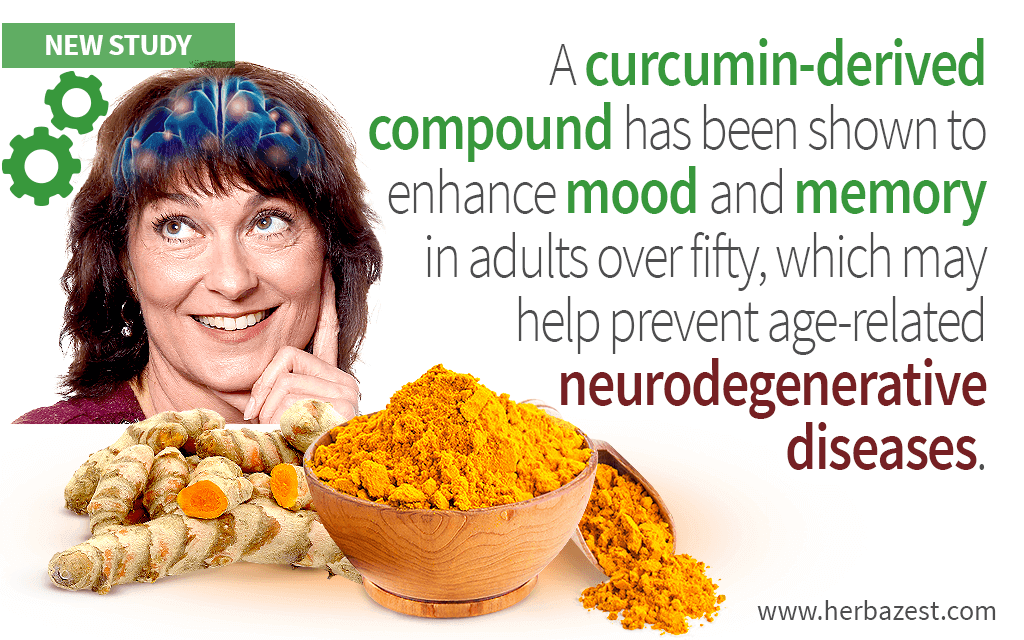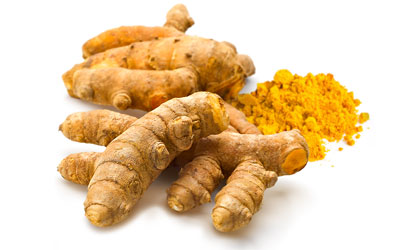Turmeric is much more than a key ingredient for delicious curry recipes. It possess a natural phenol called curcumin, which not only provides a distinctive yellow-orange or "golden" color to turmeric's root, but is also responsible for most of its medicinal properties.
While turmeric anti-inflammatory benefits have been extensively studied, scientific evidence of its influence on cognitive functions remains insufficient. In that sense, this clinical trial may be a game changer, since a curcumin-derivate compound has shown surprising results regarding healthy adults' brain functions.
The Study
This was the first long-length clinical trial using a bioavailable form of curcumin in humans. A group of team of researchers at the University of California (UCLA) was led by Dr. Gary Small, director of both the geriatric psychiatry at UCLA's Longevity Center, and the geriatric psychiatry division at the Semel Institute for Neuroscience and Human Behavior at UCLA, and the results were published on The American Journal of Geriatric Psychiatry.
The trial involved 40 adults, ages 51 to 84, who were given either a placebo or 90 mg of a bioavailable form of curcumin twice daily, for 18 months. The participants were also subjected to verbal and visual memory tests. Computed tomography (CT) was the method used to create detailed pictures of brain changes. Improvements in attention were considered as a secondary outcome.
The Results
The collected data showed that the participants who were given the curcumin-derived compound experienced improvements in retrieving long-term memories, as well as an enhanced visual memory and attention.
What is particularly interesting about these results is that curcumin's consumption inhibited brain accumulation of amyloid and thau, which are proteins that have been associated with cognitive decline and neurodegenerative disorders, like Alzheimer and dementia.
What Does this Mean?
For the first time, a long-length clinical trial shows that the daily consumption of 180 mg of bioavailable curcumin may lead to improved memory and attention in healthy adults over fifty.
The study also revealed curcumin's mechanism of action, which targets specific proteins (amyloid and tau) and inhibits their accumulation in regions of the brain that are responsible for mood and memory regulation.
These findings can lead to the development of new medications for the early prevention and treatment of cognitive decline and age-related neurological diseases.
Sources
- The American Journal of Geriatric Psychiatry, Memory and Brain Amyloid and Tau Effects of a Bioavailable Form of Curcumin in Non-Demented Adults: A Double-Blind, Placebo-Controlled 18-Month Trial, 2017





